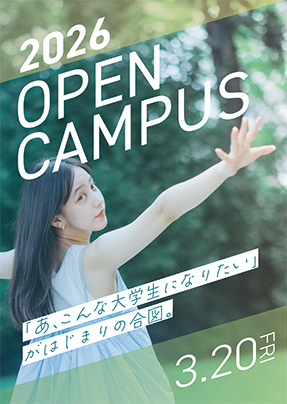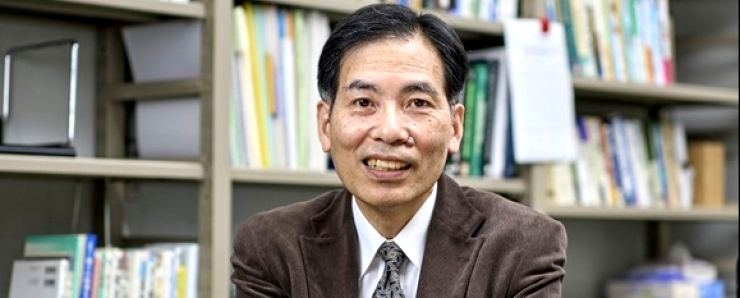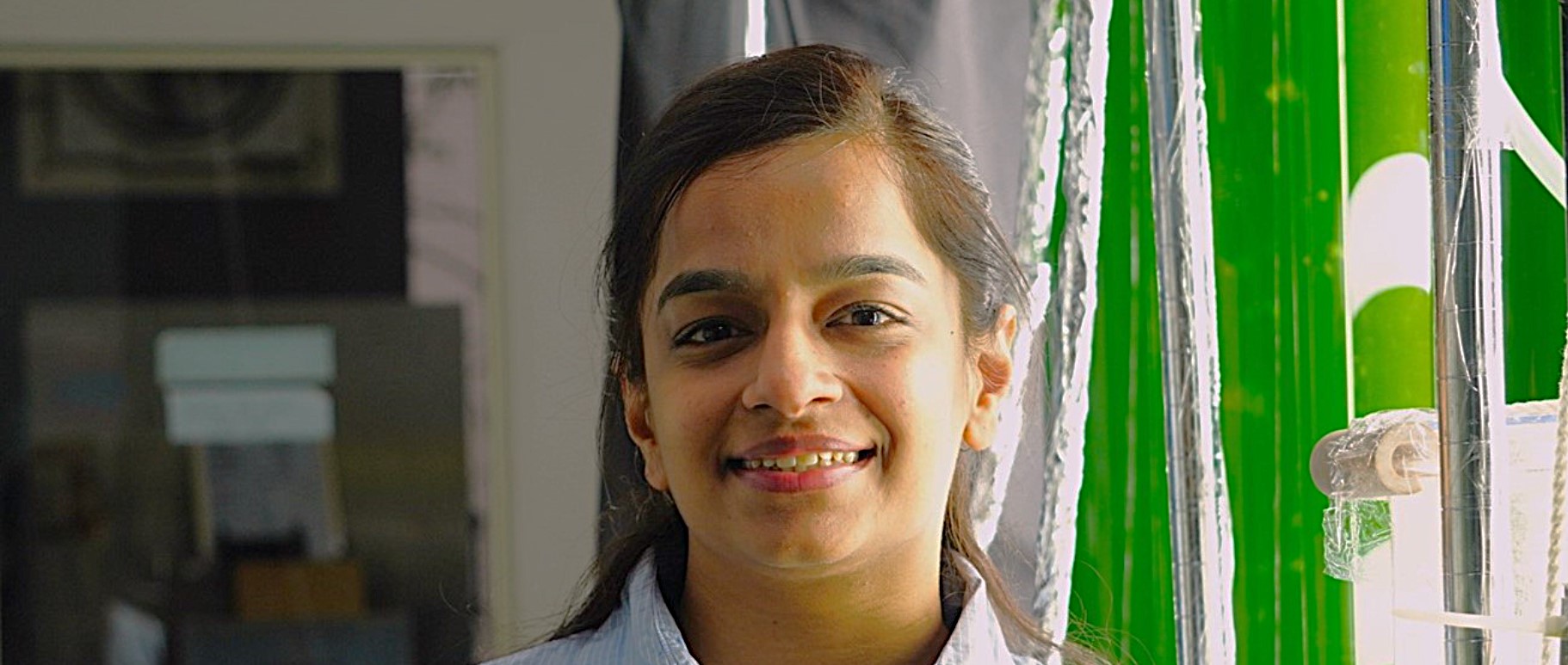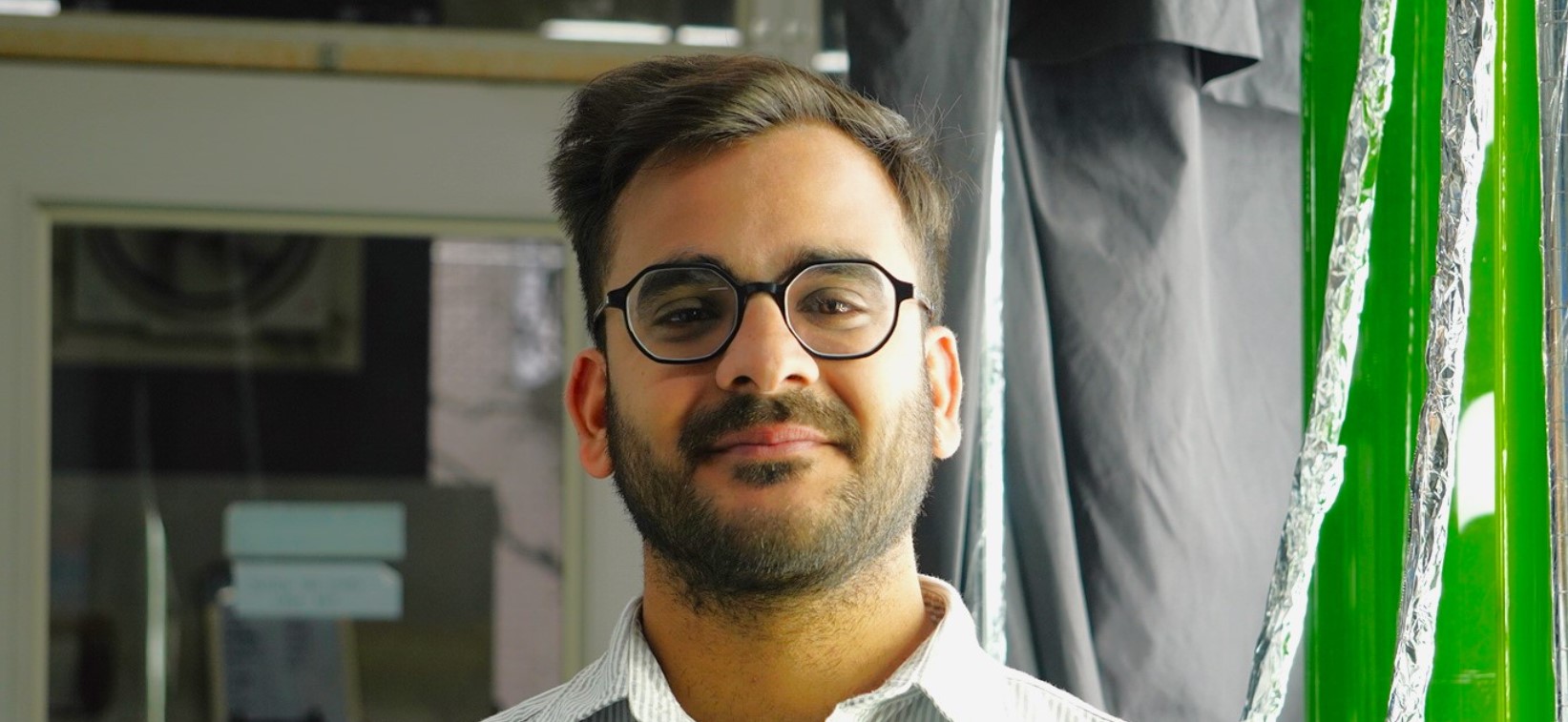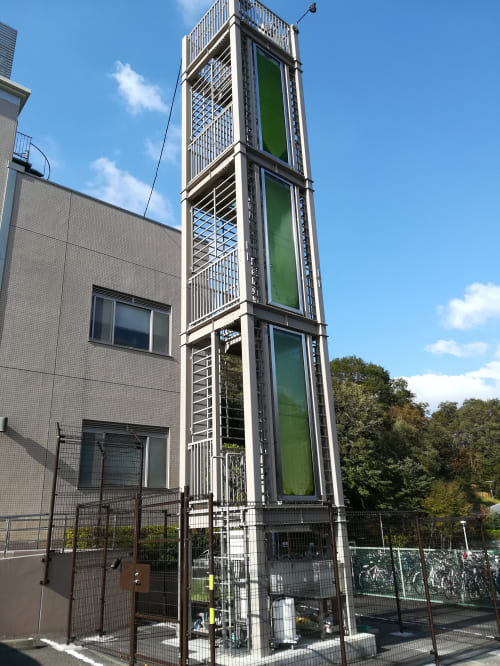
Institute of Plankton Eco-engineering
Utilizing the functions of plankton to address environmental and food issues
News
What is Plankton Engineering
The Great Potential Hidden in Small Plankton

Greetings from Director
Aiming to Build a New Circular Society
“Plankton eco-engineering” is a new term. This is a research field where plankton’s features and functions are investigated for their utilization in the human community. The characteristics of plankton are related to their body size. Plankton are the diverse collection of living organisms that live underwater and do not have the ability to swim or cannot resist the flow of water due to their weak swimming ability. Although plankton includes large organisms that can be seen with the naked eye, such as jellyfish, most species are small enough to be seen only under a microscope. The smaller the body size, the easier it is to float in water, because viscous drag against water prevents sinking by gravity. These small organisms have higher metabolic activity per biomass than large ones, therefore less biomass is required for biological functions. In other words, high activity can be obtained with less biomass. This is a great advantage when using their biological features and functions for practical use. Plankton includes various taxonomic organisms such as bacteria, archaea, unicellular algae, and arthropods, so the functions of each taxonomic group can be used efficiently.

Kiyohiko Nakasaki
Let me give you an example. Phytoplankton (unicellular microalgae) produces polyunsaturated fatty acids that cannot be synthesized by humans. Many of these substances are essential fatty acids for humans and are consumed as food. DHA and EPA, which are nutritional components of sardines and other bluefish, are originally produced by phytoplankton and are accumulated in the fish body through the food chain. The efficient production of valuable substances such as DHA and EPA using phytoplankton under artificial conditions is a field of Plankton Eco-engineering. At Soka University, Plankton Eco-engineering Research Center was established in May 2018 as an on-campus shared facility for promoting research on Plankton Eco-engineering. The Center has been conducting research on the production of valuable substances using strains isolated from Malaysia and has also begun research on solving local nutrition and malnutrition issues by using culture strains newly collected from Ethiopia. In the production of such valuable substances, plankton suspended in water can be treated like a solution. This allows production facilities to be a series of flow systems, resulting in increased production efficiency. This is another advantage of using plankton. In addition, the use of plankton is expected to develop new technologies for the treatment of wastewater containing organic substances and the improvement of the aquatic environment by removing nutrients such as nitrogen and phosphorus.
Plankton Eco-engineering includes not only biology, science, and engineering fields. In order to link biological functions to social implementation, it is essential to understand social needs and adapt production systems to social systems, and sustainability cannot be guaranteed without economic rationality. For this reason, collaboration with humanities and social sciences is essential. Institute of Plankton Eco-engineering was established in September 2020 with the establishment of such a science and technology cooperation system and the restructuring of the Center to further enhance its function. The Institute will take advantage of Soka University's strength as a comprehensive university, researchers from biological, science and engineering, and humanities and social sciences will work closely to solve environmental problems and food problems using the functions of plankton. Through these activities, we aim to contribute to the realization of a prosperous human society and to the creation of a new recycling-oriented society. This is part of our efforts toward “Sustainable Development Goals (SDGs)”. I sincerely ask for your understanding and support.
Laboratory Introduction Video
